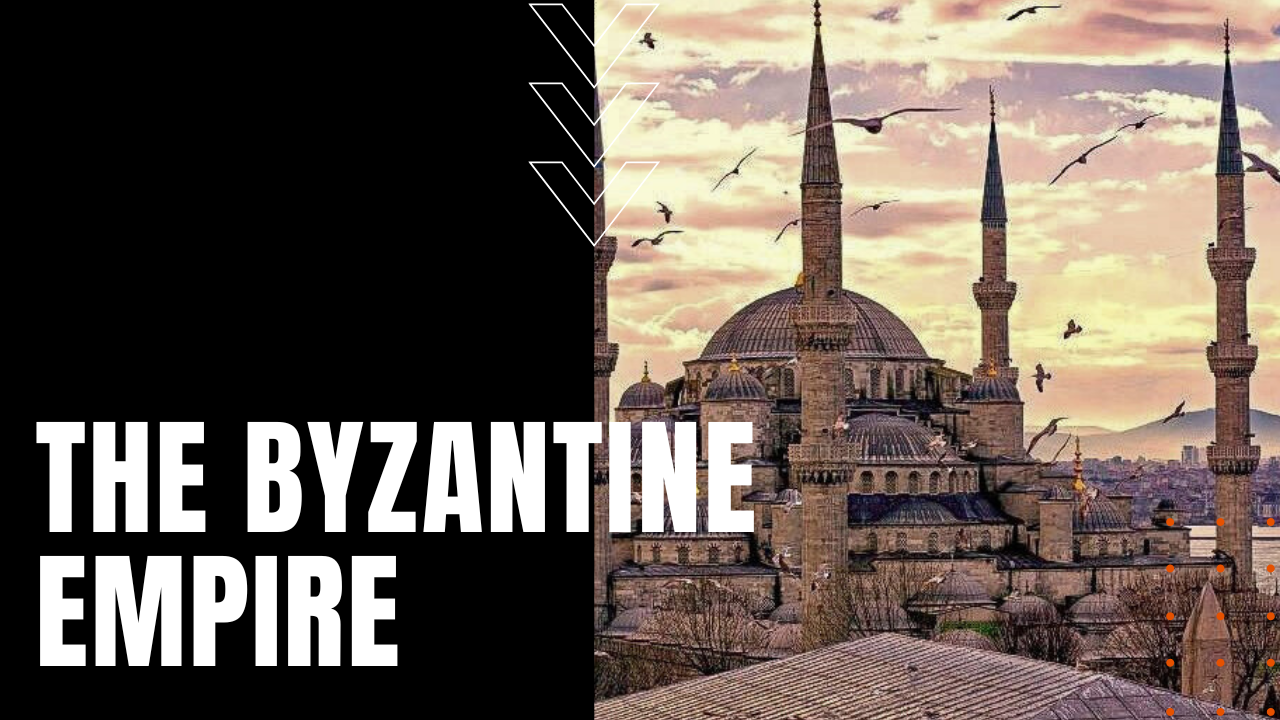The Byzantine Empire

After Roman Emperor Constantine the 1st chose Byzantium as the site of his Eastern Roman Empire or “New Roma,” as he called it, once Constantine had made his decree in 330 A.D., the city of Constantinople became the heart of the Byzantine Empire, which survived without interruption from ancient times until the emergence of the modern age—nearly 1,100 years after the fall of the Western Roman Empire in 476 A.D.
A Defensive Buffer
Thanks to early government efficiencies, political stability, a strong standing army and the vagaries of geography, Constantinople and the Byzantine Empire at first proved less vulnerable to outside invasion, at the same time serving as a defensive buffer between Europe and Asia. The Byzantine Empire reached its peak during the reign of Justinian the 1st from 527 to 565 A.D., where his many conquests in the Mediterranean and North Africa created a financially-draining overreach that forced heavy taxation on Byzantine citizens in the centuries following his death.
The Rise of Islam
With Byzantine military forces stretched thin, political instability and severe economic weakness exposed the region to invasions from the Slavs and the Persian Empire by the seventh and eight centuries, and after the prophet Muhammad refined the beliefs and practices of Islam in 622 Mecca, by the end of the century, Muslim armies had taken Syria, the Holy Land, Egypt and North Africa. Conditions further eroded during the Crusades of 1095 to 1291, creating centuries of lingering animosities between Muslims and Christians.
The Beginning of the End
The Fall of the Byzantine Empire began in 1369, when Emperor John the 5th sought financial aid in the West under growing pressure from Turkish invaders, instead finding himself arrested in Venice as an insolvent debtor, which in turn forced Byzantium to become a vassal state to the Turks, replete with tributes in both money and soldiers paid to the Turkish Sultanate. The Byzantine Empire ended with the fall of Constantinople, when Ottoman Emperor Mehmed the 2nd stormed the city on May 29th, 1453, ushering in the long reign of the Ottomans.
Lasting Impact
Despite its downfall, Byzantium left behind a vast heritage of art, literature, architecture and theology that greatly impacted the intellectual traditions of the Renaissance to come, making the Byzantine Empire, an important stepping stone into the modern age of man.
